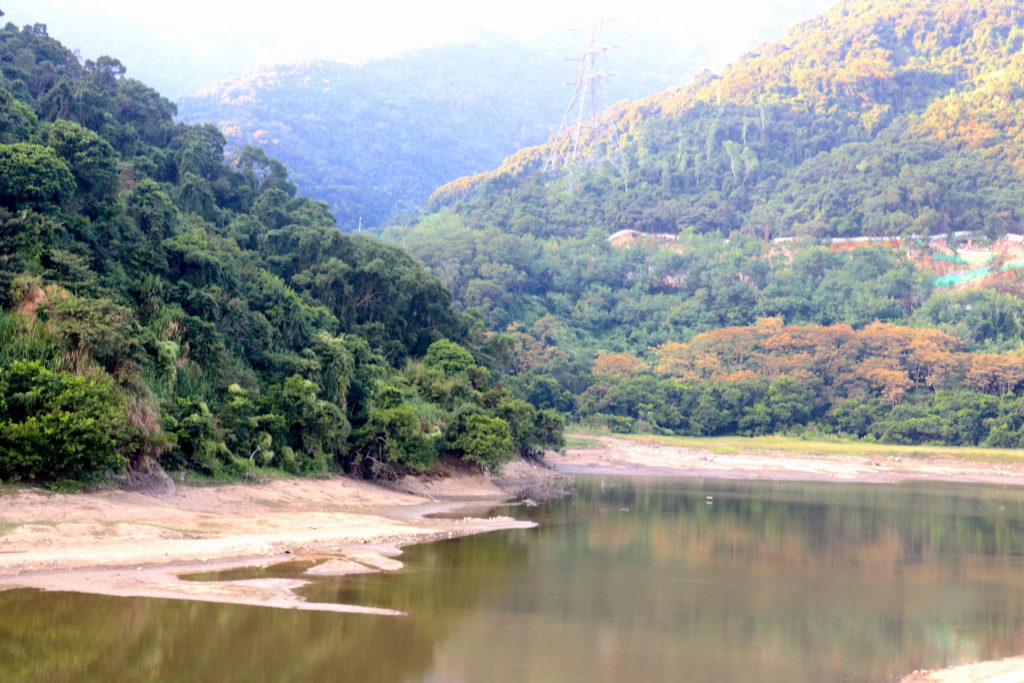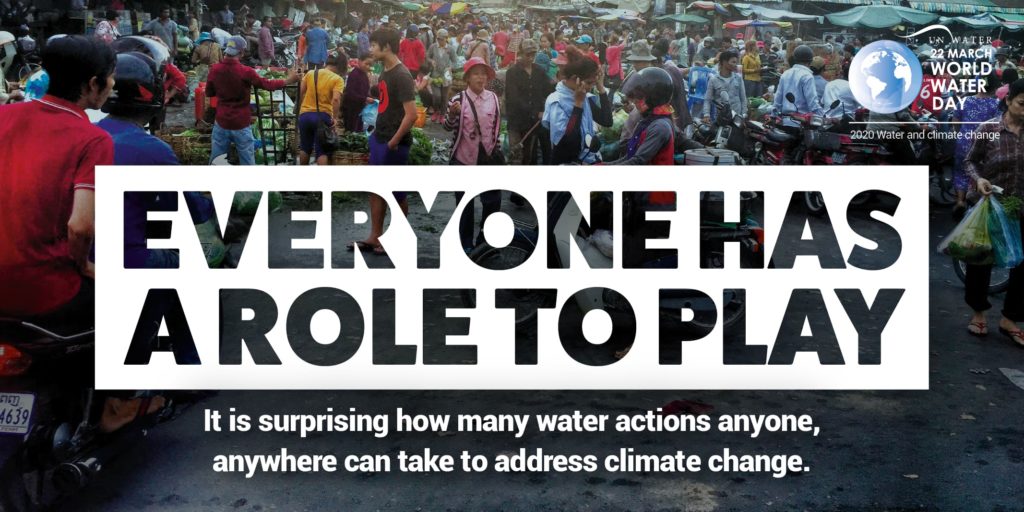Climate Change: A Threat To Attaining Sustainable Development
Climate Change: A Threat To Attaining Sustainable Development
Growing up, I was very familiar with streams and wetlands as my family and I lived in an agricultural research area. My favourite delicacy as a child was taro, which grew all over the marshy areas within the community. I also recollect how the whole community came together to dig shallow dugouts and immediately groundwater built up in the dugout and was used for irrigation purposes. Though, we did not have access to treated water from the water utility company, I never had to think about unavailability of water in my community. My community had a fair share of rains, too. During raining seasons, it was common practice that every household harvested rain water for drinking and domestic use. We, the children, whenever it started raining beamed up with joy, playing in the rain; which was fell gently and the rain drops were refreshing to the body. I really miss those moments!
Well, I started missing those moments quite early. Somewhere in the early part of 2000, I realised that taro had become scarce, one could no longer find taro growing all over the marshy areas. The marshy areas were turning into dry grounds and the many streams and ponds were giving way to dry land. Surprisingly, most dugouts were drying up too and no water gathered in them as it used to. The refreshing rains no longer came as scheduled, to the extent that one could not distinguish between the minor and the major raining seasons. The usual weather forecast was turning into a white elephant as it was just inaccurate and misleading. The moments it rained, the rains came down so heavily in such a way that it caused flooding, and even led to loss of lives and properties. That was the beginning of the end of the good old days. While in senior secondary school, I started learning about climate change and its effects on the environment. I then understood how taro became endangered and up to today, an uncommon delicacy in Ghana. Also, I realised the reason why the rains no longer came, and when they came, it was in extreme weather event that anyone in the rain became at risk. Climate change took away my joy!

Climate, water resources, and socio-economic structures are dependent on each other and therefore a significant change in any one of them brings about pressure on the environment and threat to livelihood. Today, climate change is a household term not for any good reason but its dire impact on livelihood. Due to climate change many parts of the world are facing droughts and flooding, which contributes to many other negative consequences. Clearly, water is the primary driver of the impacts of climate change. Hence, the necessity to consider sustainable management of water resources to prevent these adverse impacts from exacerbating. To do this several actions need to be taken, and these three in my opinion are very critical:
Global Education and Sensitisation
In recent times, there has been massive climate change awareness worldwide, however the need for continuous advocacy in communities cannot be overemphasised, hence the need for more intense education and to some extent civil disobedience. Education is needed because though naturally the climate experiences some changes, the human activities are the main cause for the sharp changes that are being recorded. Activities such as deforestation, emission of C02, untreated disposal of wastewater, etc. are worsening the negative impacts of climate change. These are activities that with proper sensitisation could be minimized. Sensitisation is a great platform to activities such as afforestation, use of clean energy, etc. that can be practiced to mitigate the negative impacts. One success story in mitigating the adverse effects of climate change was recorded in Uganda, where Young Water Professionals committed to planting one million trees in 2019 as part of the country’s efforts to reduce global warming.
Technology and Innovation
Water resource management institutions and any other industries that heavily rely on water need to adopt a sustainable way of operations. For instance, adopting nature based solutions in protecting water bodies is a good way to reduce the climate change impact. Growing trees around water bodies does not only prevent the excessive evaporation of water but also prevents silting, eutrophication and creates a great opportunity for carbon sequestration. Innovations in climate smart agriculture like greenhouse farming will help conserve water and also prevent the leaching of nutrients into water bodies. It is also very important for the world to consider sustainable city planning putting into account the fact that there will be limited or excess rainfall at one point in time. Copenhagen has taken a lead by adopting the dimensions to a smart city and thus hoping to be CO2 neutral by 2025.
Institutional & Capacity framework and Infrastructure
To manage the impact of climate change on water security, it is important to develop a strong institutional capacity involving human resource, infrastructure and tools. This can be achieved through the training of more people on water resource management, water quality control and relevant disciplines. Apart from making policies that help reduce the effects of climate change, the whole process of formulation of all other national policies and regulations need to be made carefully considering how they contribute to climate change. In the case of Ghana, a National Climate Change Policy has been developed as a way of ensuring a climate-resilient and climate-compatible economy which addresses a low-carbon growth path while the country works towards achieving the sustainable development goals.
Climate change is happening and its impacts are being felt every day, it therefore depends on the whole world to pay attention to it and find sustainable means to manage it. As the Decade of Action has begun, collaborative efforts are needed from across industries and economies to manage efficiently and effectively, the adverse effects of climate change on attaining sustainable development.
World Water Day 2020, on 22 March, is about water and climate change – and how the two are inextricably linked. Adapting to the water effects of climate change will protect health and save lives. Using water more efficiently will reduce greenhouse gases. We cannot afford to wait. Everyone has a role to play.


